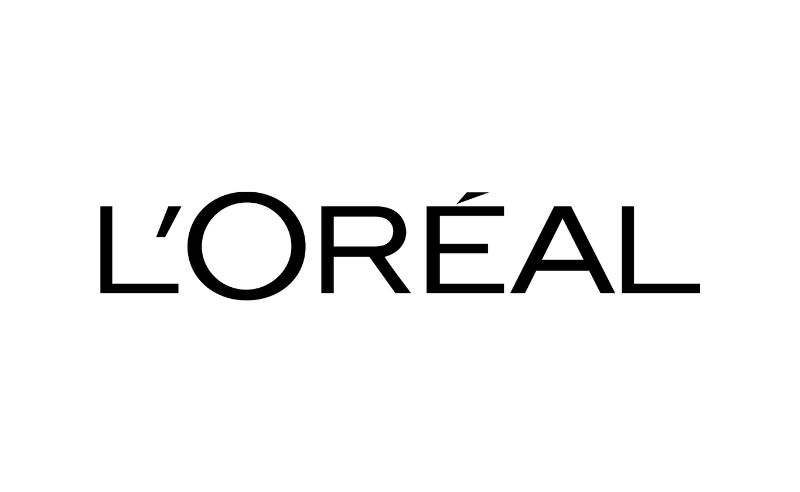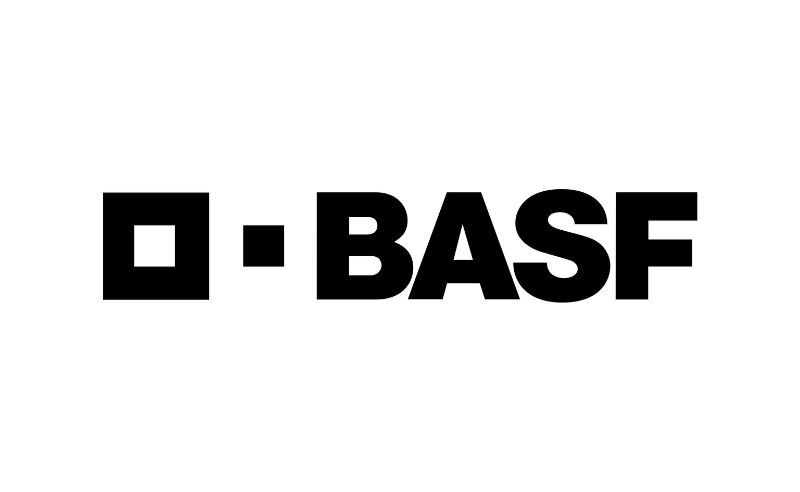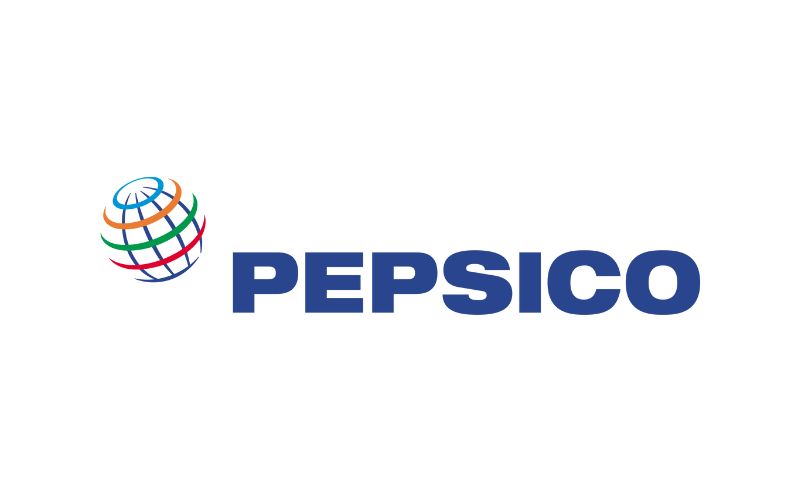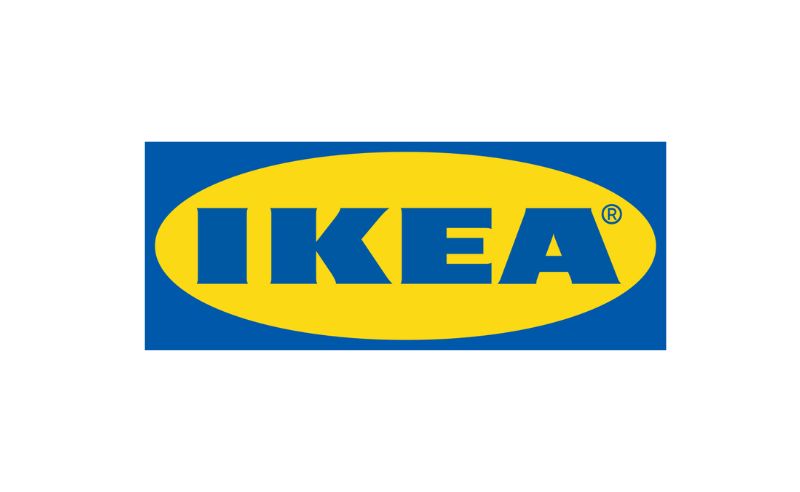Companies Switching to Environmentally Friendly Drums

Today, sustainability has become a priority for many companies around the world. The adoption of eco-friendly drums is one of the strategies that several companies have implemented to reduce their environmental impact.
Below, we explore how five giants from different industries have taken this important step towards a greener future: Unilever, L’Oréal, BASF, PepsiCo and IKEA.
1. Unilever
Unilever, one of the world’s largest consumer goods companies, has been at the forefront of adopting sustainable practices. The company has replaced its traditional jerry cans with eco-friendly options made from recyclable and biodegradable materials.
This initiative is part of its commitment to halve its environmental footprint by 2030. The new drums not only reduce the use of virgin plastic, but also significantly reduce the CO2 emissions associated with their production and disposal.
- Virgin plastic reduction: Unilever has reduced its use of virgin plastic by more than 100,000 tonnes annually.
- CO2 emissions: The adoption of environmentally friendly drums has reduced CO2 emissions by 30% compared to traditional packaging.
- Recycling programmes: Unilever has implemented recycling programmes in partnership with local governments in more than 50 countries.
2. L’Oreal
French cosmetics and beauty multinational L’Oréal has also joined the trend for eco-friendly drums. L’Oréal has developed innovative packaging using recycled plastics and bioplastics, derived from renewable sources such as sugar cane.
This transition not only contributes to the circular economy, but also reinforces the company’s commitment to sustainability and waste reduction. In addition, L’Oréal has implemented recycling and collection programmes for used packaging to ensure its proper reuse.
- Recycled materials: More than 50% of L’Oréal’s packaging is now made from recycled materials.
- Circular economy: L’Oréal has introduced more than 25 packaging collection and recycling programmes in several countries.
- Certifications: Its eco-friendly packaging has received certifications from bodies such as the Forest Stewardship Council (FSC) for sustainability.
3. BASF
German chemical giant BASF has taken sustainable packaging innovation to a new level. BASF has developed environmentally friendly drums using its proprietary biodegradable and compostable plastics technology.
These drums break down safely in the environment, reducing the impact of plastic waste in landfills and oceans. In addition, BASF is constantly working to improve the efficiency of its production processes to minimise resource consumption and pollutant emissions.
- Ecoflex® Technology: Drums made with Ecoflex® are fully compostable and decompose in 12 weeks under industrial conditions.
- Partnerships: BASF has collaborated with more than 30 companies from different sectors to expand the use of its biodegradable plastics.
- Waste reduction: The implementation of these drums has reduced plastic waste by 40% in urban areas where they have been launched.
4. PepsiCo
PepsiCo, one of the world’s largest food and beverage companies, has adopted eco-friendly drums as part of its “Pep+ (PepsiCo Positive)” initiative. This strategy aims to transform the company’s supply chain to make it more sustainable.
PepsiCo’s new drums are made from recycled materials, and the company is investing in packaging technologies that reduce the weight and volume of the drums, thereby reducing energy consumption and transportation costs.
- Recycled materials: PepsiCo’s new drums are 100% recycled PET (rPET).
- Energy savings: Reducing the weight of the drums has led to energy savings of 25% in production and transportation.
- Packaging technology: PepsiCo has invested in new packaging technologies that have reduced plastic use by 95 million pounds per year.
5. IKEA
IKEA, known for its focus on sustainability, has implemented eco-friendly drums in its supply chain as part of its goal to become a fully circular company by 2030. The drums used by IKEA are made from bioplastics and recycled plastics, and are fully recyclable.
The company has also focused on optimising the design of its drums to reduce material waste and improve transport efficiency, which contributes to a lower carbon footprint.
- Bioplastics and recycled: The drums used by IKEA are made from 75% bioplastics and recycled plastics.
- Optimised design: The new drum design has reduced material use by 30% and improved transport efficiency by 20%.
- Carbon footprint: These innovations have enabled IKEA to reduce its carbon footprint by 15% in the last year alone.
The transition to green drums, including kraft drums, by these major companies reflects a growing commitment to sustainability and environmental responsibility.
By adopting recyclable and biodegradable materials, and optimising their production and logistics processes, Unilever, L’Oréal, BASF, PepsiCo and IKEA are leading the way towards a greener and more sustainable future.
Their efforts not only benefit the environment, but also set a standard for other companies around the world, inspiring them to follow in their footsteps and contribute to a cleaner, healthier planet.
You may also be interested in:




